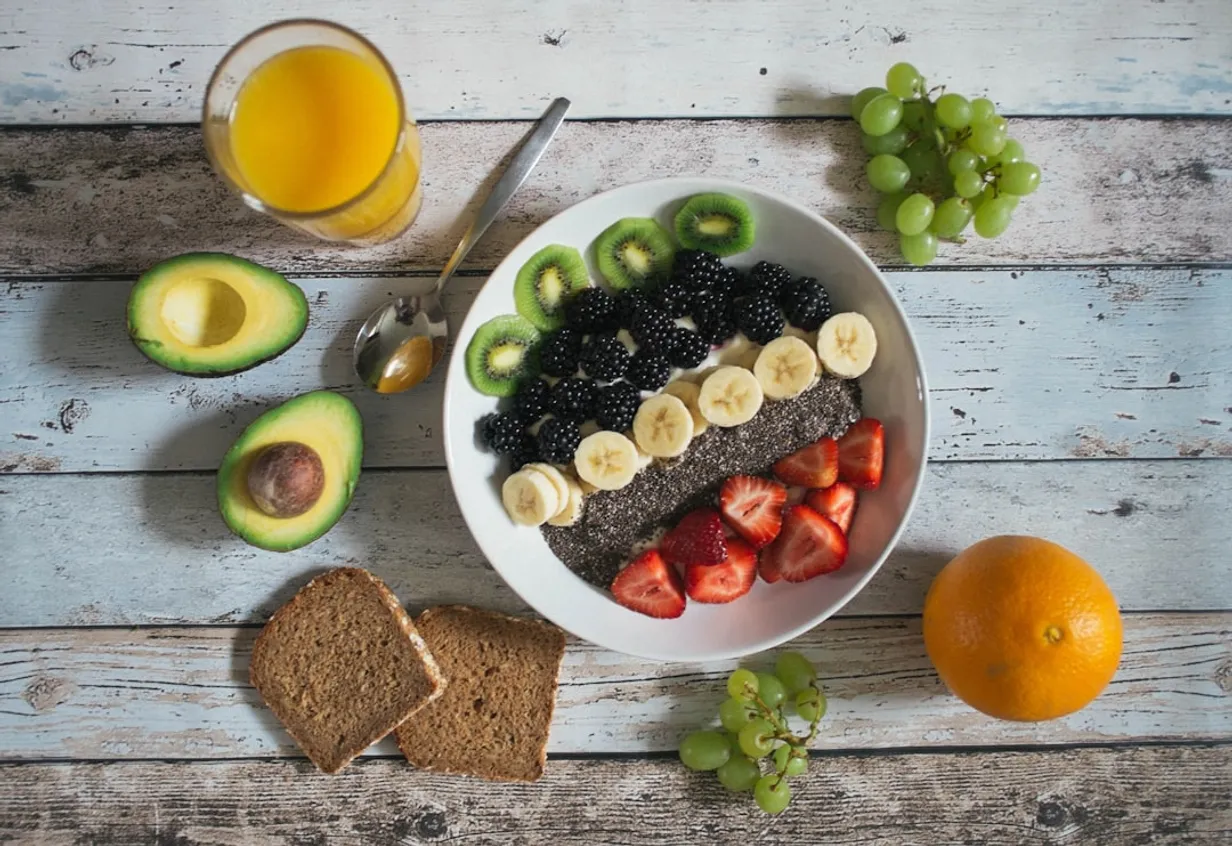
Why Fiber Matters
Fiber is a crucial component of a healthy diet. It is a type of carbohydrate that the body cannot digest. Instead of being broken down and absorbed, fiber passes through the digestive system, aiding digestion and promoting overall health.
Types of Fiber
1. Soluble Fiber
Soluble fiber dissolves in water to form a gel-like substance. It can help lower blood sugar levels and cholesterol. Foods high in soluble fiber include oats, peas, beans, apples, and citrus fruits.
2. Insoluble Fiber
Insoluble fiber does not dissolve in water. It adds bulk to the stool, helping it pass more quickly through the intestines. This type of fiber is found in whole grains, nuts, beans, and vegetables such as cauliflower, green beans, and potatoes.
The Health Benefits of Fiber
1. Aids in Digestion
Fiber helps keep the digestive system running smoothly. It adds bulk to the stool and helps prevent constipation. For those suffering from irregular bowel movements, a diet rich in fiber can provide relief.
2. Supports Heart Health
A high-fiber diet can improve cholesterol levels by lowering the low-density lipoprotein (LDL), or bad cholesterol. Fiber's ability to help regulate cholesterol levels contributes to a healthier heart and can reduce the risk of cardiovascular diseases.
3. Controls Blood Sugar Levels
Soluble fiber can slow the absorption of sugar, helping to improve blood sugar levels in individuals with diabetes. Consuming a diet high in fiber can also reduce the risk of developing type 2 diabetes.
4. Assists in Weight Management
Foods rich in fiber are more filling than low-fiber foods, which can help to control hunger and reduce calorie intake. This can assist in maintaining a healthy weight or contribute to weight loss.
Best Sources of Fiber
To reap the full benefits of a high-fiber diet, it's essential to incorporate a variety of fiber-rich foods into your meals:
- Whole grains: brown rice, whole wheat bread, barley
- Fruits: apples, bananas, oranges, strawberries
- Vegetables: carrots, broccoli, beans
- Legumes: lentils, kidney beans, chickpeas
- Nuts and seeds: almonds, chia seeds, flaxseeds
Tips to Increase Fiber Intake
Here are some practical tips for adding more fiber to your diet:
- Start your day with a high-fiber breakfast, such as oatmeal or a whole grain cereal.
- Incorporate more legumes into your meals by adding them to soups, stews, and salads.
- Snack on fresh fruits, vegetables, nuts, or seeds instead of processed foods.
- Opt for whole grain versions of bread, pasta, and rice instead of their refined counterparts.
- Gradually increase your fiber intake to prevent digestive discomfort and drink plenty of water.
Conclusion
Incorporating more fiber into your diet can significantly improve your overall health. From aiding digestion to controlling blood sugar levels, the benefits are substantial. Make fiber a priority in your nutrition plan and enjoy the many positive impacts it can have on your well-being.
Top Adult Health Articles
Check out the most popular articles among our readers, featuring trusted advice and actionable insights on adult health.


Related Posts
View All
Integrative Techniques for Managing Chronic Kidney Disease



